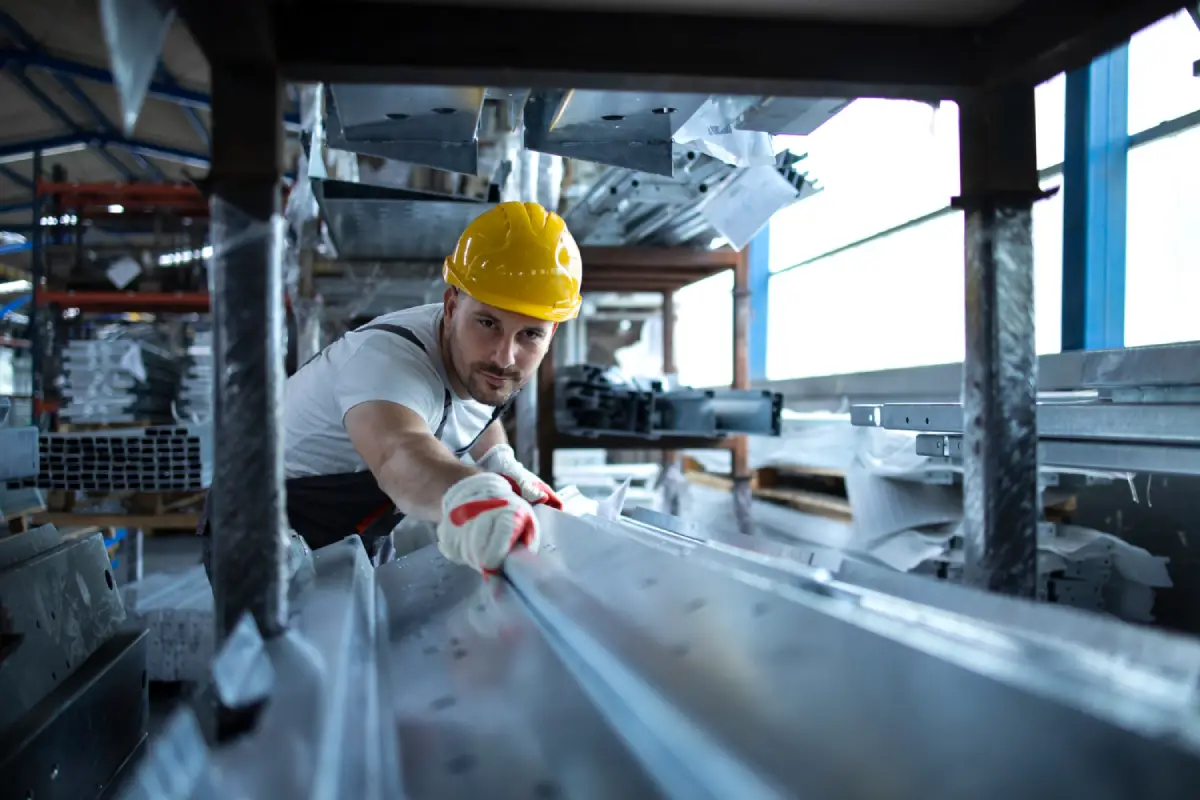Innovative Applications of Forged Steel in Modern Industry
Forged steel remains a vital material in the evolution of modern manufacturing, revered for its unique blend of strength, resilience, and versatility. Today, sectors ranging from transportation to renewable energy are undergoing rapid innovation, much of which relies on the remarkable properties of forged steel components.
To meet the rising demands for sustainable, high-performance parts, businesses increasingly turn to experienced partners like a forged steel valve manufacturer for precision engineering and durable solutions. As technology continues to advance, forged steel occupies a foundational role, ensuring safer, more efficient, and environmentally conscious industrial progress.
From enhancing vehicle and aircraft safety to supporting renewable energy infrastructure, the drive for lighter, stronger, and longer-lasting products elevates the significance of modern forged steel innovations. Breakthroughs in digitalization, automation, and sustainability further amplify its influence, making forged steel an essential element in the transition to more resilient and eco-friendly industrial practices.
Contents
- 1 Automotive Industry: Enhancing Performance and Safety
- 2 Aerospace Sector: Meeting High-Performance Demands
- 3 Renewable Energy: Supporting Sustainable Infrastructure
- 4 Advanced Manufacturing Techniques: Precision and Efficiency
- 5 Sustainability: Reducing Environmental Impact
- 6 Future Trends: Embracing Digitalization and Automation
Automotive Industry: Enhancing Performance and Safety
The automotive industry has embraced forged steel on an unprecedented scale as manufacturers seek innovative ways to boost performance, safety, and environmental responsibility. The core advantage lies in forged steel’s high strength-to-weight ratio, allowing automakers to achieve significant weight reductions in key components without sacrificing safety or vehicle integrity, a direct contributor to improved fuel efficiency and lower emissions.
Notably, forged steel is integral to producing advanced high-strength steel (AHSS) for use in suspensions, steering systems, drivetrains, and even crash-safe vehicle frames. According to the American Iron and Steel Institute, the adoption of AHSS has become a critical step in meeting both regulatory and consumer demand for greener cars and improved passenger safety.
Aerospace Sector: Meeting High-Performance Demands
Aerospace operations require materials that can withstand intense stresses, variable temperatures, and demanding conditions. Forged steel meets these challenges by offering unparalleled durability and fatigue resistance.
Critical aircraft parts—such as landing gear, turbine shafts, and engine mounts—are predominantly constructed using forged steel due to its ability to maintain integrity under extreme pressure. Modern forging techniques, such as isothermal and precision forging, are increasingly employed to reduce waste and produce these vital parts with exacting tolerances.
Renewable Energy: Supporting Sustainable Infrastructure
The surge in global renewable energy initiatives has created new demand for durable materials that can endure harsh environmental conditions. Forged steel is extensively used in wind and hydropower sectors, where reliability is critical for components like turbine shafts, gearboxes, and couplings that operate under high loads over extended periods.
Advancements in forging technology have paved the way for the large-scale manufacture of oversized yet precise components essential for wind turbines. According to insights from the U.S. Department of Energy, improved material design and manufacturing practices are making renewable energy infrastructures both more cost-effective and robust, strengthening the role of forged steel in a sustainable future.
Advanced Manufacturing Techniques: Precision and Efficiency
The integration of cutting-edge manufacturing techniques continues to revolutionize the production and utility of forged steel. Technologies such as 3D printing and additive manufacturing are now enabling the fabrication of intricately designed, custom parts previously thought impossible to make with traditional forging methods. This leads to enhanced flexibility in meeting unique industry requirements and significant reductions in lead times.
Additionally, the use of digital twin technology allows manufacturers to create detailed simulations of forging processes. By virtually modeling the complete production cycle, businesses can identify and resolve inefficiencies before they occur—a practice endorsed by leaders in their drive towards smart, more sustainable manufacturing.
Sustainability: Reducing Environmental Impact
As global industries intensify their focus on sustainability, the forging sector is actively reducing its environmental impact. A major stride in this regard is the introduction of hydrogen-based steelmaking, which dramatically reduces carbon emissions compared to traditional smelting techniques. Facilities incorporating these methods are leading the charge towards cleaner steel production and a lower-carbon industrial landscape.
Furthermore, recycling initiatives and closed-loop forging systems support a circular economy by minimizing waste and conserving resources. More than 80% of steel is now recyclable, highlighting the industry’s commitment to responsible production and resource reuse.
Future Trends: Embracing Digitalization and Automation
The trajectory of forged steel innovation is closely aligned with the trends of digitalization and automation. Industry 4.0 technologies—most notably the Internet of Things (IoT), artificial intelligence (AI), and advanced robotics—are creating smarter, more adaptable forging environments. Smart sensors embedded in automation systems provide real-time insights on equipment health, process efficiency, and product quality, leading to predictive maintenance and minimized downtime.
Digital transformation empowers manufacturers to adapt swiftly to changing market needs while upholding stringent quality and sustainability standards. Investment in digital infrastructure increases efficiency and positions manufacturers for leadership in global supply chains.
In conclusion, the innovative applications of forged steel demonstrate its enduring relevance across diverse sectors. Through continuous technology improvement, a focus on sustainability, and a shift toward digital-driven manufacturing, forged steel is poised to power modern industry for decades to come, enabling safer, greener, and more efficient production worldwide.

